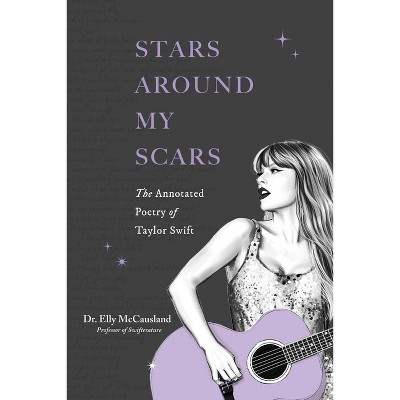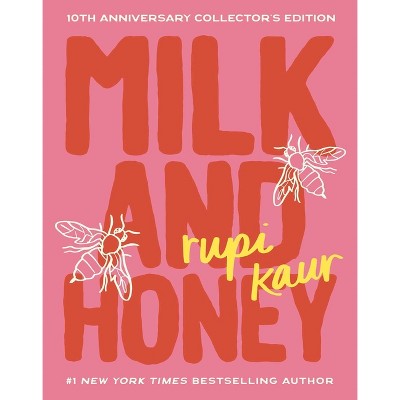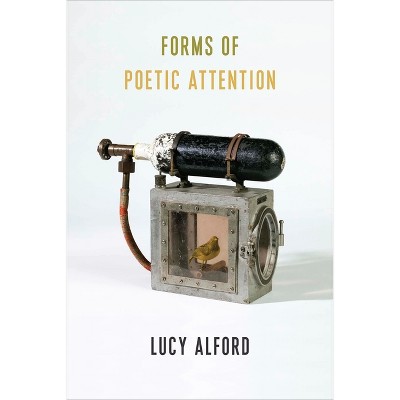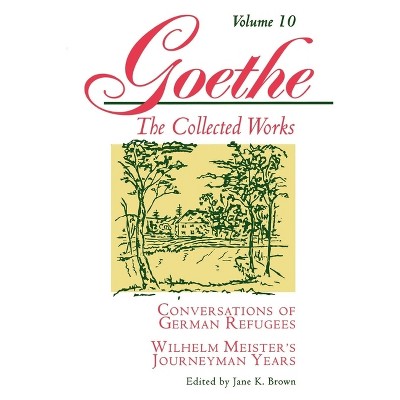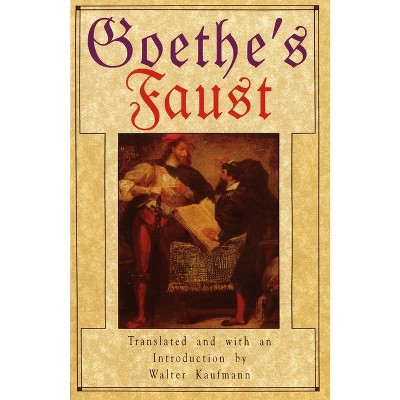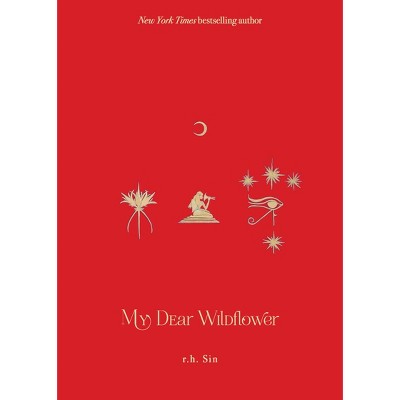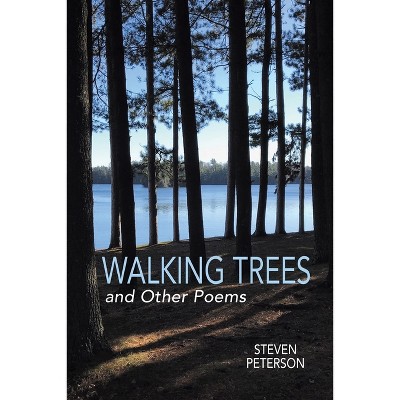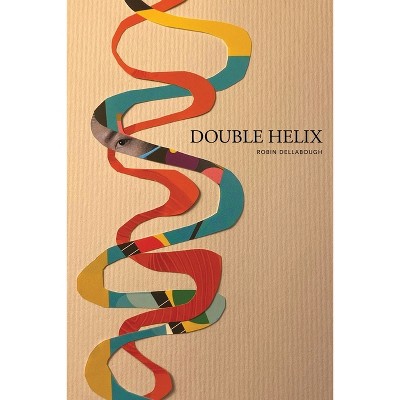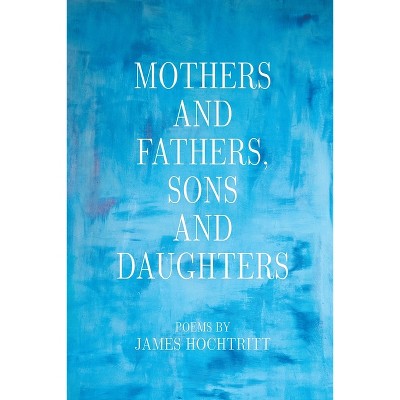Sponsored

Male Pattern - by Gus Peterson (Paperback)
In Stock
Sponsored
About this item
Highlights
- While on its surface Male Pattern seems intended for a specific audience, it is undoubtedly a collection of poems for any person who has navigated the darker moments of existence in this modern landscape of contradiction and complexity, who has sought to find a foothold to begin the slow ascent back into moments of levity, even light.
- Author(s): Gus Peterson
- 94 Pages
- Poetry, General
Description
Book Synopsis
While on its surface Male Pattern seems intended for a specific audience, it is undoubtedly a collection of poems for any person who has navigated the darker moments of existence in this modern landscape of contradiction and complexity, who has sought to find a foothold to begin the slow ascent back into moments of levity, even light. In accessible ruminations that begin with commutes, with observations of birds and chores, the at first mundane landscape of office work and healthcare stipples through the lens of a dawning mental health awareness and its meaning to one man's perspective. These poems will, more often than not, take a strange route to both buoy and anchor but, most importantly, seek to give air to any set of lungs desperate to breathe by extracting the smallest particle of beauty from what weighs us all down.
Review Quotes
Male Pattern brims with images of silence-empty shipwrecks, leafless maples, voiceless loved ones after death-yet it would be a mistake to call it a quiet book. Instead, Peterson has crafted a collection of echoes, ringing with everyday losses that become simultaneous reminders of hope. Peterson sees, as we all should, that tragedy offers opportunities for beauty. Through deft imagery and observation, the poems in Male Pattern deliver a crucial imperative about how to live: watch closely, and listen.
-Mike Bove, author of EYE
There are so many things I love about Gus Peterson's poems that it's a delight to find them here, collected like a gorgeous, if not unsettling, bouquet of epiphanies in Male Pattern. The title of the volume itself demonstrates the many shades irony is capable of casting when handled with a deft combination of intention and abandon. Each of the poems contained within is a singular delight, as Peterson has mastered both the narrative arc and the epiphanic closure that, coupled, allow us as readers to live out an entire life within a single poem. This is, in itself, a gift, and reminds us what poems do best.
-Cate Marvin
Shipping details
Return details
Frequently bought together

Trending Poetry
